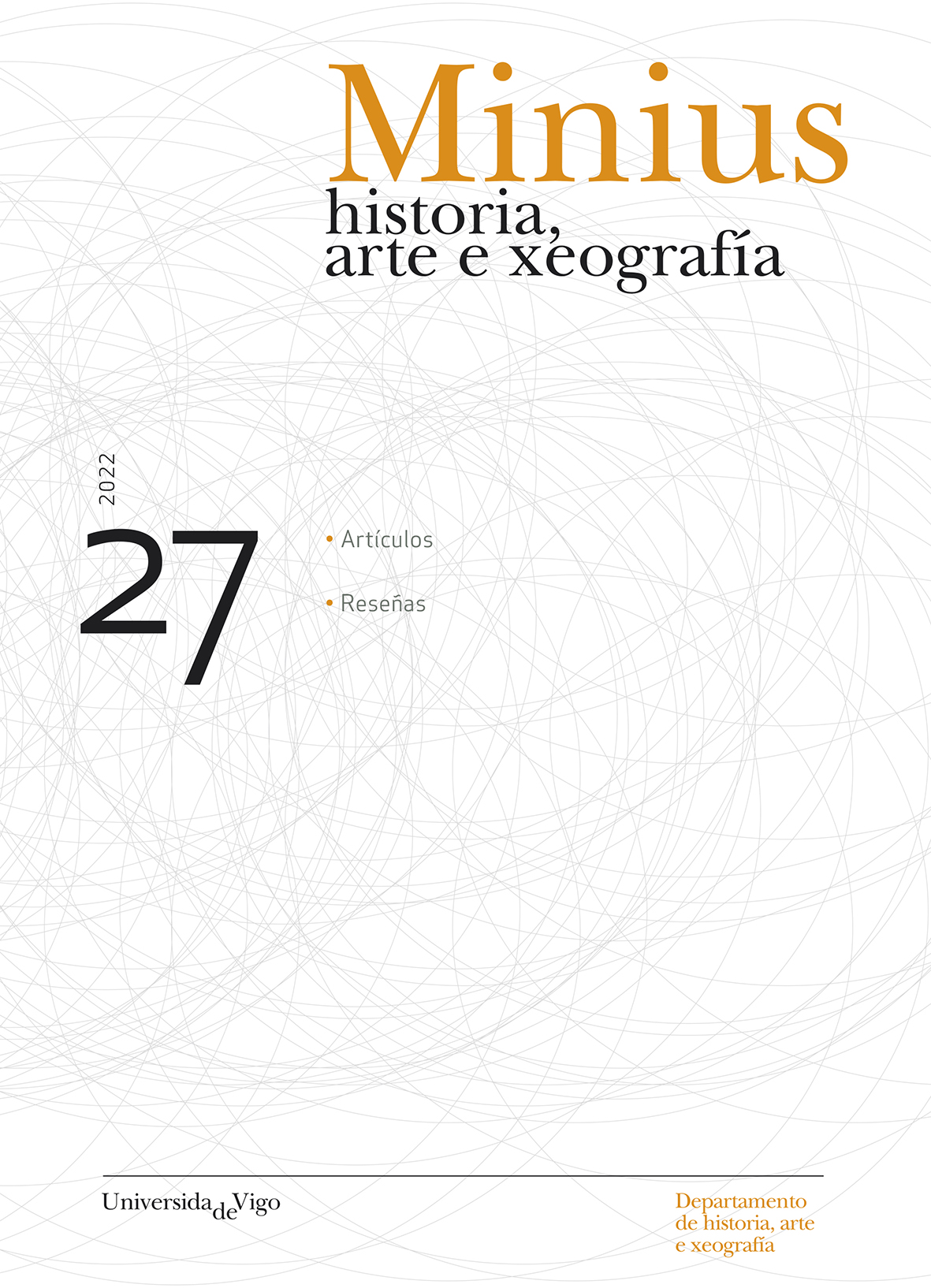Student Movement and Social Transition in Late Francoism in Galicia. Erga's Contribution to Nationalist Consciousness Raising, 1972-1981
DOI:
https://doi.org/10.35869/mns.v0i27.4410Keywords:
university, student mobilization, transition, political culture, political conflict, youth, Spain, Galicia, 20th century, nationalism, ERGAAbstract
Since the mid-1950s, there has been growing unrest between Spanish students and the regime. In the following decade, the Galician university saw a growing discordance translated into progressive politicization and distancing from Francoism. The atmosphere created in these spaces resulted in a process of social change and cultural and generational rupture. The assimilation of new values and concerns by a majority would translate into a mass movement. Having become a true political agent, his influence on society as a whole, accustoming it to new ideas and systems of thought, would be fundamental for the subsequent process of political transition. The inability of assimilation on the part of the regime produced a generational frustration at seeing the longing for freedom truncated, translating into a stance of frontal opposition. The youth broke with the regime making their further continuity impossible. Clandestine political organizations, international influences and the mass media were particularly important in the transmission of those values. The degree and breadth of acceptance of the new values would mark the different scales of adherence. The new identity would have one main element in common, the rejection of the established order. From 1970, intense politicization radicalized and atomized the movement. In Galicia, the new culture acquires particular characteristics due, to a large extent, to ERGA. Born in 1972, this organization will achieve the hegemony of the student movement from 1975, introducing a new scheme indebted to the struggles for national liberation that were taking place on the international scene. Galicia as a nation subjugated by the Spanish Imperialist State. Knowing the contribution of this organization in the assumption and projection of a political culture, with new ideological and cultural values, on society as a whole, at a stage in which the essential social transition for the transition from dictatorship to democracy was taking place, is the main objective of this article.



